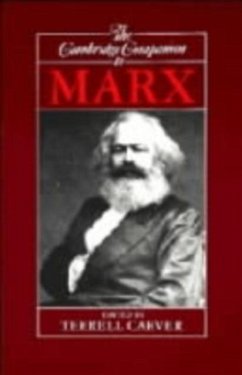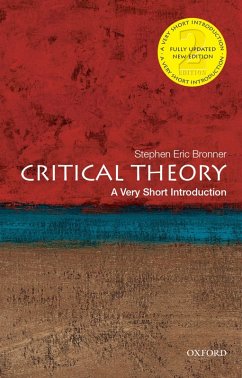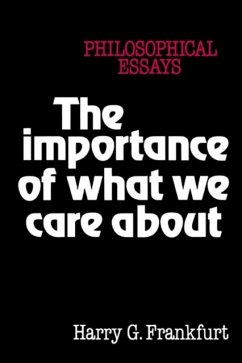
Karl Marx (eBook, PDF)
A Reader
Redaktion: Elster, Jon
Versandkostenfrei!
Sofort per Download lieferbar
38,95 €
inkl. MwSt.
Weitere Ausgaben:

PAYBACK Punkte
19 °P sammeln!
This volume contains a selection of Karl Marx's most important writings, organized thematically under eight headings: methodology, alienation, economics, exploitation, historical materialism, classes, politics, and ideology. Jon Elster provides a brief introduction to each selection to explain its context and its place in Marx's argument. The volume is designed as a companion to Elster's An Introduction to Karl Marx and the thematic structure of each book is the same. But the Reader can also stand on its own and offers the student a substantial and revealingly organized selection of the crucia...
This volume contains a selection of Karl Marx's most important writings, organized thematically under eight headings: methodology, alienation, economics, exploitation, historical materialism, classes, politics, and ideology. Jon Elster provides a brief introduction to each selection to explain its context and its place in Marx's argument. The volume is designed as a companion to Elster's An Introduction to Karl Marx and the thematic structure of each book is the same. But the Reader can also stand on its own and offers the student a substantial and revealingly organized selection of the crucial texts needed to understand and assess Marx's views.
Dieser Download kann aus rechtlichen Gründen nur mit Rechnungsadresse in A, B, BG, CY, CZ, D, DK, EW, E, FIN, F, GR, HR, H, IRL, I, LT, L, LR, M, NL, PL, P, R, S, SLO, SK ausgeliefert werden.













